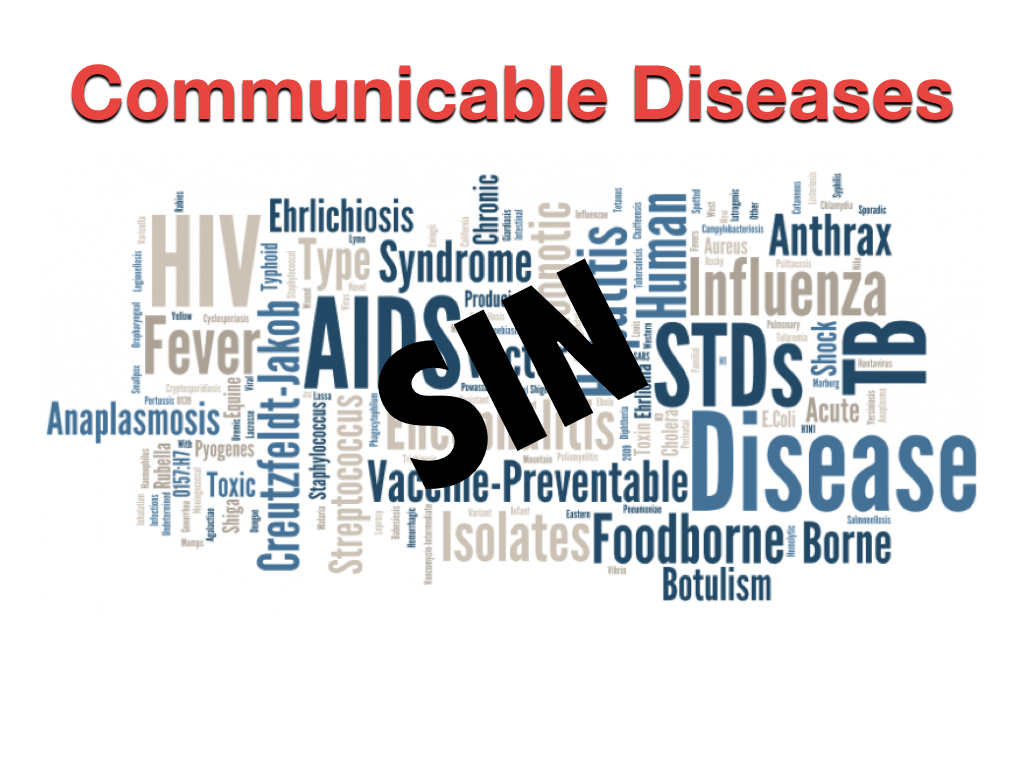
Leviticus 13:45, Cry, “Unclean, unclean/tawmay.” A skin disease was like a red flag, which if a person had it was regarded as a judgment from Elohim for the sin of slander, gossip, murder with the mouth, false oaths and pride as well as sexual immorality, robbery and selfishness. That person was considered to be physically and spiritually contagious and so was put outside the camp of Israel until the disease was gone. According to Samson Hirsch, quarantine was a means of shocking the sinner into recognizing his moral shortcomings and his need to repent (The ArtScroll Chumash, p. 613).
What if each time we sinned with our mouth we were quickly struck with a visible sin disease for all to see resulting in our being quarantined and shunned? Perhaps the incidences of lashon hara (the evil tongue) would greatly diminish. If you received heaven’s judgment each time you misspoke, how would you change your speech habits and heart attitude toward others? Now live your life from this point on as if the next time you spoke evil of someone (without a righteous and biblically justifiable reason) you would be instantly judged by YHVH in a visible and public way.
What is the connection between Leviticus chapters 11 and 13? Both involve the mouth. The former Torah passage deals with uncleanness that goes into the mouth through what we eat. This defiles the man from within. The latter passage deals with what comes out of the mouth and how the man with a defiled heart corrupts society through the wrong use of his mouth. What did Yeshua say about this in Mark 7:14–23? What were the penalties in the Torah for eating unclean meats? (Read Leviticus 11.) Though the Torah calls eating unclean meats an abomination and declares that doing so defiles a person, interestingly there are no stated penalties for doing so. Now what are the penalties for speaking gossip and slander? It is a skin disease and required excommunication from the camp of Israel. Both eating unclean meats and speaking gossip and slander are sins to be sure, but the penalties for the one is much greater than for the other indicating the seriousness YHVH places on the right usage of the mouth. Ponder this for a moment: How easy it is for us to overly focus on what goes into our bellies, while at the same time ignoring the raw sewage spewing out of our mouths at times.
In conclusion, lest anyone think that clean and unclean meats is not a serious issue, YHVH clearly states in Isaiah 66:17 that in the end times during the day of Elohim’s wrath (referred to as the great and terrible day of the YHVH), those who are found to be eating swine’s flesh and other abominable foods will be consumed by the fire and sword of YHVH Elohim. We can infer from this that by then (presumably, the Millennium or Messianic Age) if people still have not repented of their sins and are refusing to turn to YHVH and obey him, they probably will deserve to die because of the perennial rebellious state of their hearts. This all the more underscores the fact that the mouth—what goes in and what comes out of it—are difficult issues for humans to deal with, but YHVH demands that we take personal responsibility for the use of our mouths. Let us not forget the warning admonition of Yeshua,
“But I say unto you, that every idle word that men shall speak, they shall give account thereof in the day of judgment.” (Matt 12:36)







